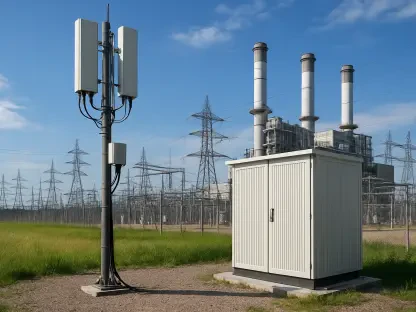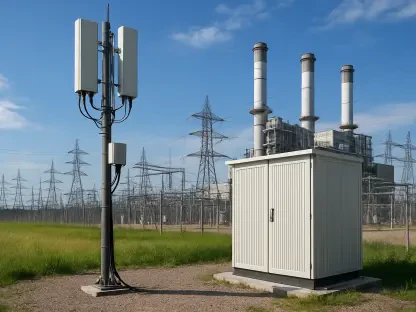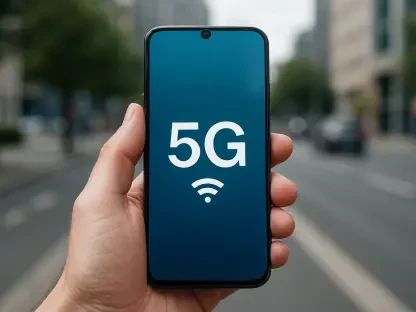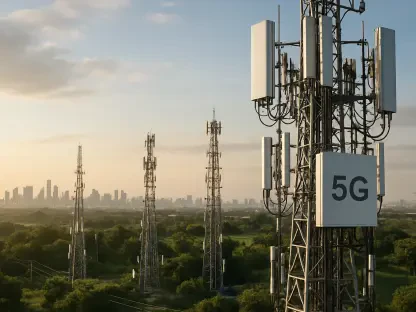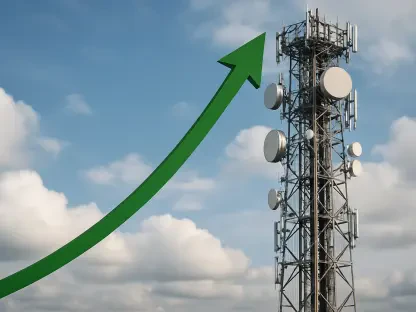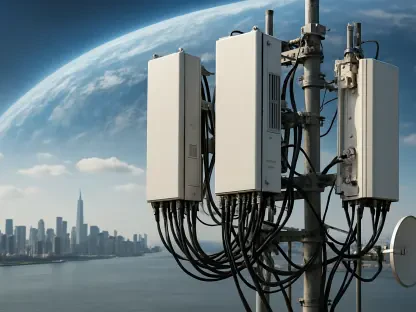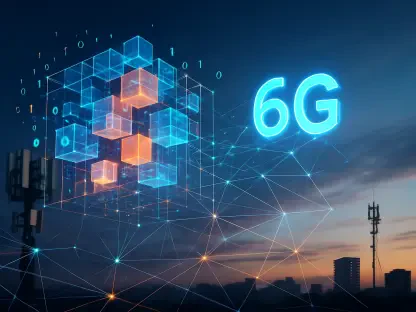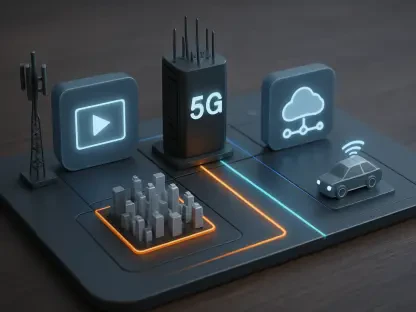I’m thrilled to sit down with Vladislav Zaimov, a seasoned telecommunications specialist with deep expertise in enterprise solutions and network risk management. With years of experience in the industry, Vladislav has a keen understanding of how emerging technologies like 5G and AI are transforming business operations, especially for small enterprises. Today, we’ll dive into the innovative AI Phone service offered by LG Uplus for 5G premium users, exploring how it supports small businesses with smart communication tools, the benefits of its free trial period, and the potential of cutting-edge 5G technologies like RedCap. Let’s get started!
How did you first come across the AI Phone service introduced by LG Uplus, and what stood out to you about its approach for 5G premium users?
I’ve been following advancements in 5G applications for a while now, and when LG Uplus rolled out their AI Phone service last year, it immediately caught my attention. What stood out was their focus on integrating artificial intelligence into something as fundamental as phone communication for small businesses. Targeting 5G premium plan users with this value-added service shows a forward-thinking approach—leveraging high-speed networks not just for data but for practical, AI-driven solutions that address real pain points like missed calls or repetitive customer queries.
Can you walk us through how this AI Phone system functions when handling customer interactions for small stores?
Absolutely. The system acts as a virtual assistant, managing incoming calls 24/7. It’s designed to answer routine questions—think store hours, location details, or parking availability—with accurate, pre-set information. It can handle multiple calls at once, which is a game-changer for busy small retailers who can’t always pick up the phone. The AI pulls data from a dedicated app, ensuring responses are tailored to the specific business, and it frees up owners to focus on face-to-face customer service rather than being tied to the phone.
What are some of the biggest advantages you’ve seen for small businesses using this kind of AI-powered communication tool?
The benefits are pretty significant. First, it cuts down on missed calls, which can mean lost business for small stores. By automating responses to common inquiries, it ensures customers get answers even outside operating hours. It also reduces communication costs since there’s less need for additional staff or expensive call systems. Most importantly, it saves time—store owners can prioritize in-person interactions, which often build stronger customer loyalty, while the AI handles the routine stuff.
I understand there’s an app called ‘Our Store Package’ tied to this service. How does it help businesses customize and manage the AI’s responses?
That’s right. The ‘Our Store Package’ app is the control hub for the AI Phone service. It allows business owners to input and update specific details—like operating hours or special promotions—that the AI uses when answering calls. Beyond customization, it offers reporting features, so owners can see what customers are asking about most often. This data can reveal trends or gaps in service, helping them tweak their operations or marketing to better meet customer needs.
LG Uplus is offering this AI Phone service at no cost until January 2026. What do you think is the strategy behind this generous trial period?
I believe the goal is to accelerate adoption among small businesses, particularly retailers who might hesitate to invest in new tech. By offering it for free for a couple of years, LG Uplus lowers the barrier to entry, letting businesses experience the benefits firsthand without financial risk. It’s also a smart way to build a loyal user base—once store owners see the value in reduced costs and improved efficiency, they’re more likely to stick with the service even when fees kick in later.
Along with the free service, businesses get an internet phone device and some call minutes at no extra charge. How does this sweeten the deal for small retailers?
It’s a nice added perk. The free internet phone device means businesses don’t have to source their own hardware, which can be a hassle or an added expense. Pairing it with 50 minutes of call time gives them a complete package to test the system without upfront costs. For small retailers, especially those not very tech-savvy, having everything bundled together simplifies the transition to a more digital communication setup, making it feel like a no-brainer to at least try it out.
Shifting gears a bit, LG Uplus is also exploring 5G RedCap technology for IoT applications. Can you break down what this technology is and why it matters for small and medium-sized enterprises?
Sure, 5G RedCap, or Reduced Capability, is a scaled-down version of 5G designed for devices that don’t need the full bandwidth of standard 5G—like wearables or IoT gadgets. It’s built to support lower-power, cost-effective devices while still offering better performance than older systems like LTE. For small and medium-sized enterprises, this matters because it can enable affordable, real-time control of industrial tools or logistics systems, such as robots or drones. It’s a step toward making advanced 5G IoT solutions accessible to businesses that might not have huge budgets.
What is your forecast for the role of AI and 5G innovations like RedCap in shaping the future of small business operations over the next decade?
I’m very optimistic about the trajectory. Over the next decade, I expect AI and 5G innovations like RedCap to become integral to small business operations, especially in retail and logistics. AI will continue to automate mundane tasks—beyond just phone calls, think inventory or scheduling—while 5G’s low latency and high connectivity will enable real-time data sharing across devices. For small businesses, this means greater efficiency, lower costs, and the ability to compete with larger players. The challenge will be adoption, but with initiatives like free trials and bundled services, I see a future where even the smallest stores can leverage these technologies to thrive.


